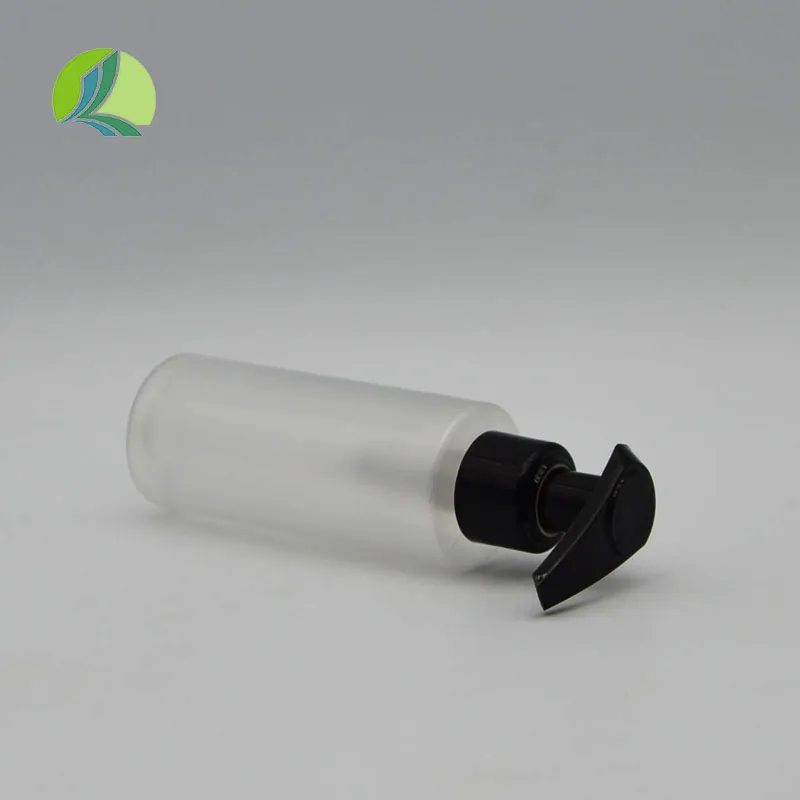
-
 Afrikaans
Afrikaans -
 Albanian
Albanian -
 Amharic
Amharic -
 Arabic
Arabic -
 Armenian
Armenian -
 Azerbaijani
Azerbaijani -
 Basque
Basque -
 Belarusian
Belarusian -
 Bengali
Bengali -
 Bosnian
Bosnian -
 Bulgarian
Bulgarian -
 Catalan
Catalan -
 Cebuano
Cebuano -
 Corsican
Corsican -
 Croatian
Croatian -
 Czech
Czech -
 Danish
Danish -
 Dutch
Dutch -
 English
English -
 Esperanto
Esperanto -
 Estonian
Estonian -
 Finnish
Finnish -
 French
French -
 Frisian
Frisian -
 Galician
Galician -
 Georgian
Georgian -
 German
German -
 Greek
Greek -
 Gujarati
Gujarati -
 Haitian Creole
Haitian Creole -
 hausa
hausa -
 hawaiian
hawaiian -
 Hebrew
Hebrew -
 Hindi
Hindi -
 Miao
Miao -
 Hungarian
Hungarian -
 Icelandic
Icelandic -
 igbo
igbo -
 Indonesian
Indonesian -
 irish
irish -
 Italian
Italian -
 Japanese
Japanese -
 Javanese
Javanese -
 Kannada
Kannada -
 kazakh
kazakh -
 Khmer
Khmer -
 Rwandese
Rwandese -
 Korean
Korean -
 Kurdish
Kurdish -
 Kyrgyz
Kyrgyz -
 Lao
Lao -
 Latin
Latin -
 Latvian
Latvian -
 Lithuanian
Lithuanian -
 Luxembourgish
Luxembourgish -
 Macedonian
Macedonian -
 Malgashi
Malgashi -
 Malay
Malay -
 Malayalam
Malayalam -
 Maltese
Maltese -
 Maori
Maori -
 Marathi
Marathi -
 Mongolian
Mongolian -
 Myanmar
Myanmar -
 Nepali
Nepali -
 Norwegian
Norwegian -
 Norwegian
Norwegian -
 Occitan
Occitan -
 Pashto
Pashto -
 Persian
Persian -
 Polish
Polish -
 Portuguese
Portuguese -
 Punjabi
Punjabi -
 Romanian
Romanian -
 Russian
Russian -
 Samoan
Samoan -
 Scottish Gaelic
Scottish Gaelic -
 Serbian
Serbian -
 Sesotho
Sesotho -
 Shona
Shona -
 Sindhi
Sindhi -
 Sinhala
Sinhala -
 Slovak
Slovak -
 Slovenian
Slovenian -
 Somali
Somali -
 Spanish
Spanish -
 Sundanese
Sundanese -
 Swahili
Swahili -
 Swedish
Swedish -
 Tagalog
Tagalog -
 Tajik
Tajik -
 Tamil
Tamil -
 Tatar
Tatar -
 Telugu
Telugu -
 Thai
Thai -
 Turkish
Turkish -
 Turkmen
Turkmen -
 Ukrainian
Ukrainian -
 Urdu
Urdu -
 Uighur
Uighur -
 Uzbek
Uzbek -
 Vietnamese
Vietnamese -
 Welsh
Welsh -
 Bantu
Bantu -
 Yiddish
Yiddish -
 Yoruba
Yoruba -
 Zulu
Zulu
Versatile Storage Solutions for Lab Use with Plastic Sample Tubes for Optimal Sample Protection and Organization
The Versatility and Importance of Plastic Sample Tubes in Scientific Research
In the ever-evolving landscape of scientific research, the tools and materials utilized play a pivotal role in ensuring accurate results and effective experimentation. Among these tools, plastic sample tubes have emerged as indispensable instruments in laboratories across various disciplines. Their utility spans biological, chemical, and environmental sciences, making them a staple for researchers and lab technicians alike.
Plastic sample tubes, often made from materials such as polypropylene or polystyrene, are favored for their lightweight yet durable design. This lightweight nature not only facilitates easier handling but also significantly reduces the risk of breakage compared to their glass counterparts. The resilience of plastic tubes ensures that they can withstand a range of chemical interactions, making them suitable for storing samples that may be acidic, alkaline, or otherwise reactive.
One of the most compelling advantages of plastic sample tubes is their versatility. These tubes come in a variety of shapes and sizes, tailored to meet the specific needs of different applications. For instance, microcentrifuge tubes, typically ranging from 0.5 to 2.0 mL, are commonly employed in molecular biology laboratories for DNA, RNA, and protein analysis. Larger tubes, such as centrifuge tubes ranging from 15 to 50 mL, are often utilized for storing larger volumes of samples or for carrying out separations using a centrifuge.
plastic sample tubes

The importance of plastic sample tubes extends beyond mere functionality; they also contribute to the overall efficiency and efficacy of research processes
. Many types of plastic sample tubes are designed with innovative features such as graduations for easy measurement, leak-proof seals for secure storage, and compatibility with various automation systems for high-throughput screening. Such features enhance laboratory workflows, allowing researchers to focus more on their scientific inquiries rather than on logistical challenges.Furthermore, the role of plastic sample tubes in the healthcare sector cannot be overstated. They are crucial in clinical laboratories for the collection, transport, and storage of biological samples such as blood, urine, and other bodily fluids. The emergence of specialized tubes, such as those used for blood collection, has revolutionized the way samples are processed, making it safer and more efficient. These tubes often incorporate additives that help preserve sample integrity, ensuring that test results are both accurate and reliable.
Environmental considerations are also becoming increasingly important in the context of plastic usage. With the growing emphasis on sustainability, many manufacturers are now producing eco-friendly plastic sample tubes made from biodegradable materials or recycled plastics. This shift not only addresses environmental concerns but also promotes responsible laboratory practices in research institutions worldwide.
In conclusion, plastic sample tubes are fundamental tools that significantly contribute to scientific discovery and innovation. Their lightweight, durable, and versatile nature makes them essential across various research fields. Whether in molecular biology, environmental science, or clinical diagnostics, these tubes facilitate efficient sample handling and storage, ultimately aiding in the pursuit of knowledge and the advancement of science. As research continues to evolve, the role of plastic sample tubes is likely to grow, highlighting the importance of continual innovation in laboratory equipment to meet the needs of modern scientific inquiry.
-
Premium Metal Dropper Bottle for Precise Dispensing 250ml & 1ml Options AvailableNewsJul.04,2025
-
20 ml Headspace Vials - High Quality Polyethylene & Plastic Vials for Lab UseNewsJul.04,2025
-
Small Bottle with Pipette - Precise Dispensing 100ml Pipette Bottles for Essential Oils & Lab UseNewsJun.24,2025
-
Acetic Anhydride Bottle for Accurate Dropper Measurement in Pharmacy Use High-Quality Dropper BottlesNewsJun.10,2025
-
Innovative PET Bottle Design for Juice – Unique Shapes & Customization OptionsNewsJun.10,2025
-
20 Pack Sterilized Petri Dishes – Assorted Sizes, High Quality Small Plastic Petri Dishes for Lab UseNewsJun.10,2025






















